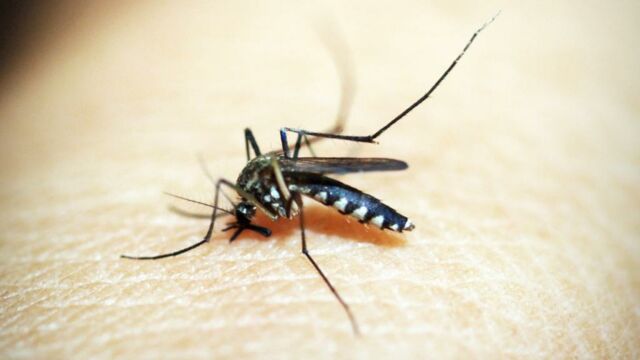Invisibility is a superpower that will surely come in handy in times of trouble, and what’s more menacing than a blood-sucking mosquito? Luckily for us, scientists have been working on making humans invisible to mosquitoes to save us from their bites and the deadly diseases they spread.
Discover our latest podcast
Yellow fever mosquitoes
The cloak of invisibility that scientists are trying to conjure may not shield us from all mosquitoes, but it could possibly protect us from the yellow fever mosquito, also known as the Egyptian tiger mosquito. Normally, the elements that make an individual more appealing to these tiny beasts are odour, the level of carbon dioxide we exhale, heat, and moisture. However, scientists discovered, as early as 1937, that yellow fever mosquitoes in particular also use dark visual signals to hunt humans and consequently transmit life-threatening diseases including yellow fever, dengue, and the Zika virus.
What remained largely unknown is how exactly these mosquitoes visually recognise its targets, and that’s exactly what scientists tried to find out through their study—which was published in the journal Current Biology. Yinpeng Zhan, lead author of the study, told TheNew York Times:
The better we understand how they [yellow fever mosquitoes] perceive humans, the better we can control the mosquito in an environmentally friendly way.
Manipulating their vision
In the study, researchers used a gene-editing tool called CRISPR to selectively cut and distort the insects’ DNA. They switched off a gene that was abundant in the eyes and responsible for light receptor Op1. However, they found that it didn’t change the mosquitoes’ behaviour in any way. Craig Montell, one of the study’s authors, said:
When we found that Op1 was not compromised in this behaviour, the next thing we did was knock out the opsin that was most related to Op1 called Op2.
Again, we were disappointed because there was no effect. But then we made a double mutant between Op1 and Op 2, and now their ability to find the dark spot over the light spot was eliminated.
Did that make them blind to humans?
To find out whether they had become blind or just lost their ability to distinguish between light and dark, the researchers conducted other tests and unfortunately reached the conclusion that even after switching off the two genes, mosquitoes still were not completely blind.
Their findings were not all disappointing as Montell did point out that this manipulation could still affect their ability to detect and target humans, so it’s definitely a step in the right direction.















